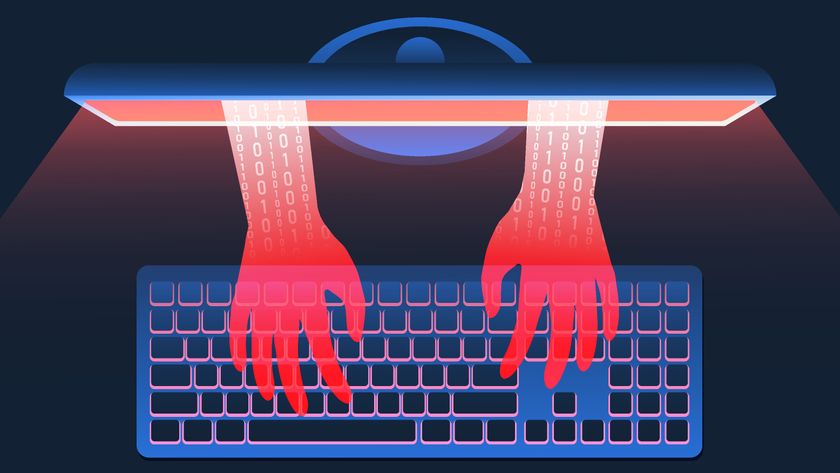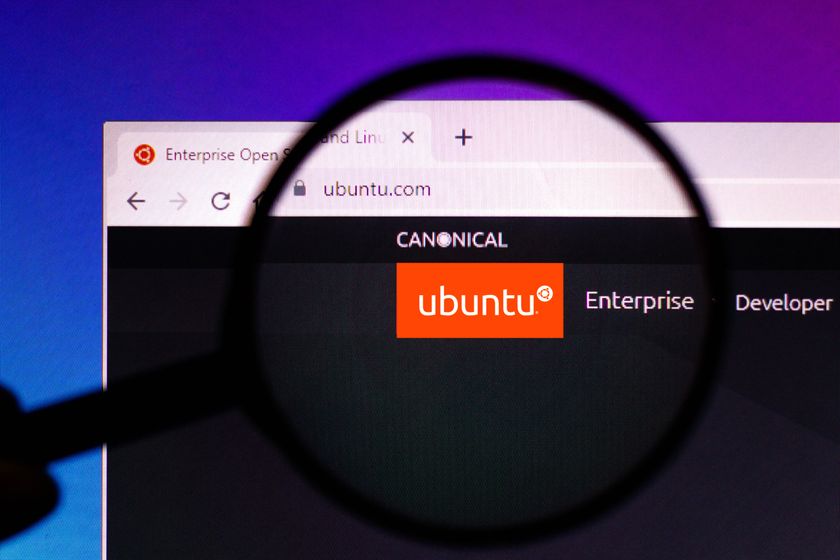Cyber attack news: Pizza Hut took two weeks to warn payment card data leaked
Purveyor of pizzas admits 60,000 customers' details were leaked earlier this month

Cyber attacks at a glance
Attacks on an organisations' infrastructure are becoming more a more commonplace, with criminal hackers and nation states alike involved in the exfiltration of data for profit and other motives.
According to Microsoft, there has been a 300% increase in cyber attacks in the last year alone.
This hub collects the latest cyber attack news as it happens.
16/10/2017:Pizza Hut is the latest company to suffer a hacking attack, leaking credit card information as well as billing details, email addresses and more. Customers are particularly angry because it took the restaurant firm two weeks to alert them to the security incident. The hack affected about 60,000 people in the US who ordered online or via its website in a small 28-hour window at the beginning of October.
10/10/2017: More than 5,000 employees of Morrisons supermarket chain are suing their employer for damages following the leaking of their personal data online. The High Court case accuses the company of failing to adequately protect the data, which was leaked by a former employee, trying to make the company responsible for the leak.
04/10/2017: Yahoo admitted that all three billion of its accounts were affected by a hack in 2013, tripling the number of victims of data breach already considered the largest in industry history.
It was only last December that the company said that over a billion user accounts had been affected by a breach on their systems, leading to $350 million being wiped off the takeover deal by Verizon.
Get the ITPro. daily newsletter
Sign up today and you will receive a free copy of our Focus Report 2025 - the leading guidance on AI, cybersecurity and other IT challenges as per 700+ senior executives
03/10/2017: The National Cyber Security Centre (NCSC) responded to 590 "significant attacks", with a total 1,313 cyber incidents reported to theorganisationin its first year.
Of the total security incidents reported to the NCSC, its review said 30 were seen as requiring a "cross-government response process" that includes the massiveWannaCry attack that knocked swathes of the NHS offline.
03/10/2017: Equifax's systems have been vulnerable since March, though hackers didn't take advantage of the flaws until May, it was reported.
Former Equifax CEO Richard Smith stated in a written testimony that the data breach occurred as a result of both human error and technology failures. Equifaxannouncedthat an extra 2.5 million US consumers may have been affected by the data breach, taking the total number up to 145.5 million.
29/09/2017: Whole Foods announced that is has been a victim of a hack affecting customers' credit cards. The hack concerned venues like taprooms and its full table service restaurants which use a different point of sale system than ones found in its stores. Whole Foods underlined that cards used in its stores were not affected by the hack.
25/09/2017: Deloitte has been targeted by an especially sophisticated hack. It is believed confidential emails and plans of Deloitte's blue-chip clients have been exposed in an attack that went unnoticed for months. Reports suggest Deloitte learned of the breach in March, but its systems could have been vulnerable since October 2016.
22/09/2017: Mittesh Das, an IT contractor, has been found guilty by a jury in North Carolina for planting a "logic bomb" within the US military system with the intent to cause damage to a computer used for facilitating national security in November 2014.
Das, who used to control part of the US Army Database that managed the payroll systems, was replaced in 2014 when the contract was given to another company. It was after this incident that he initiated the destructive coding which was scheduled to go off just days after he left.
22/09/2017: UpGuard has revealed a security hole in a Viacom server that it claims could have potentially allowed hackers to take control of the media giant's entire cloud infrastructure.
The company behind Paramount Pictures, MTV, Comedy Central and Nickelodeon was exposing a master provisioning server running Puppet to the general public, plus the credentials needed to build and maintain the majority of its infrastructure.
Rene Millman is a freelance writer and broadcaster who covers cybersecurity, AI, IoT, and the cloud. He also works as a contributing analyst at GigaOm and has previously worked as an analyst for Gartner covering the infrastructure market. He has made numerous television appearances to give his views and expertise on technology trends and companies that affect and shape our lives. You can follow Rene Millman on Twitter.















